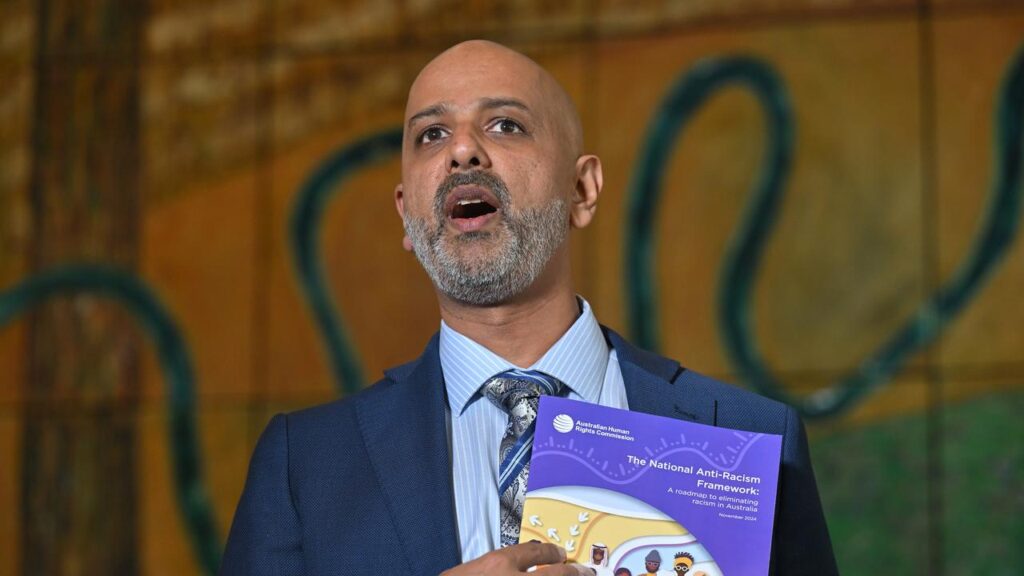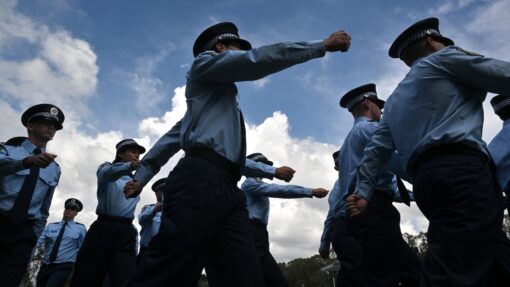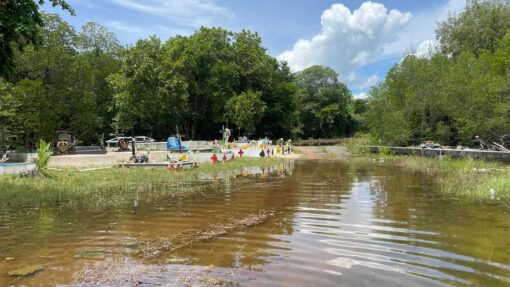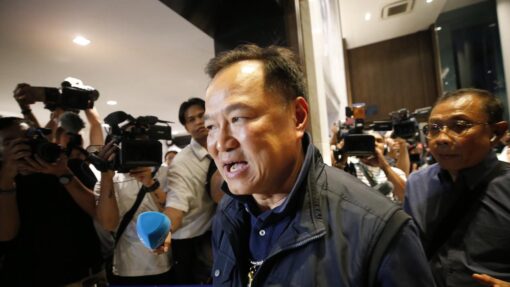Balance key as government reviews anti-Semitism report
Tess Ikonomou |

Politicians are being implored to balance free speech against racial vilification protections amid moves to curb rising anti-Semitism.
A report handed down by anti-Semitism special envoy Jillian Segal has recommended scrapping funding for universities that fail to tackle the issue adequately.
Race Discrimination Commissioner Giridharan Sivaraman said there needed to be “appropriate balancing” of the two priorities and he didn’t think that detail had been explored in Ms Segal’s report.
“Of course there needs to be protection against racial vilification and hate speech, but there also has to be protection of the independence of institutions,” he told the National Press Club in Canberra on Wednesday.
“We are having discussions with (Ms Segal) to try and flesh it out, but it is really important to get that right.”

Ms Segal’s report urges politicians to cut funding to universities, programs or academics that enable or fail to act against anti-Semitism.
The Albanese government is considering its response.
Mr Sivaraman called on Labor to commit to the “first of its kind” national anti-racism framework, handed down by the Australian Human Rights Commission in November.
The “road map” contained 63 recommendations for proposed reforms across justice, health and media sectors.
As the nation’s leaders call for conflicts abroad not to be “brought” to Australia amid the Israel-Gaza war, Mr Sivaraman said to ignore global conflicts dehumanised people affected at home.

“Sometimes it’s because their family, friends and relatives that have been killed or hurt, or it’s because they can identify with the people that are being killed or hurt,” he said.
“The issue is people say ‘don’t bring that with you … you can come here as long as you fit in’ and that’s how racism operates.”
One way racism in Australia manifested was in the workplace, with job hunters with Anglo surnames more likely to get a call back for a gig, the commissioner said.
People with qualifications from non-English speaking countries were more likely to be employed in jobs below their levels of experience, or in roles in different fields.
Mr Sivaraman said Australia needed to confront the issue with “courage and honesty” and examine why racism keeps happening.

The issue needed investment as opposed to the ad hoc and disjointed approaches from past governments.
The voice to parliament referendum in October 2023 had led to an increase in discrimination and prejudice against Indigenous people, he said.
“There can be no racial justice in this country without justice for Aboriginal and Torres Strait Islanders and that is abundantly clear.”
The commissioner said different ethnic groups were targeted in Australia during points of rupture in society.
He pointed to the “bile” directed towards people of Asian heritage during the COVID-19 pandemic and, most recently, soaring levels of anti-Semitism and anti-Palestinian sentiment fuelled by the war in Gaza.

The Australian Human Rights Commission will next week launch an online national survey asking university students and staff about their experiences of racism.
The survey aimed to get a “baseline” of prejudice at the nation’s higher education institutions, Mr Sivaraman said.
The questions would be distributed via email by universities and participants would remain anonymous.
AAP


